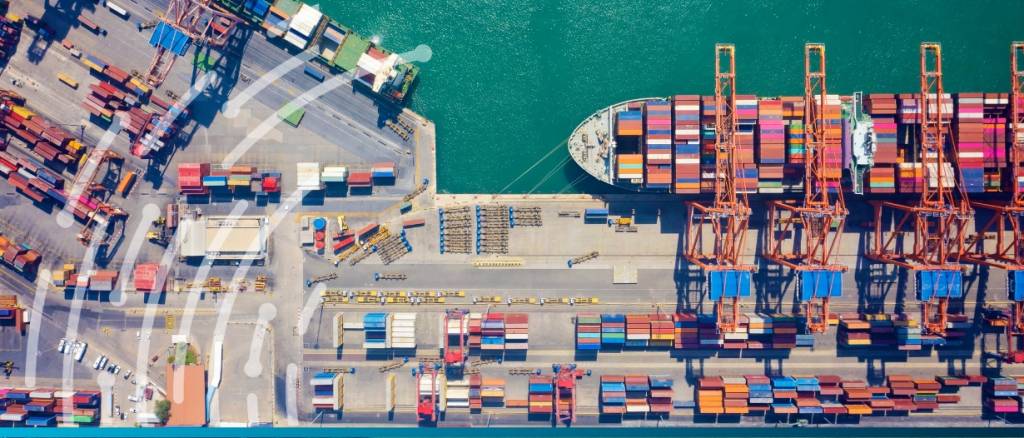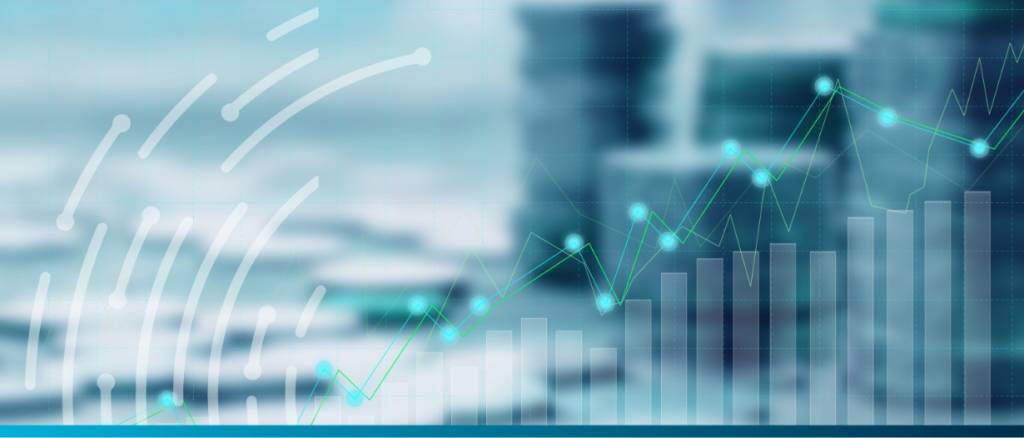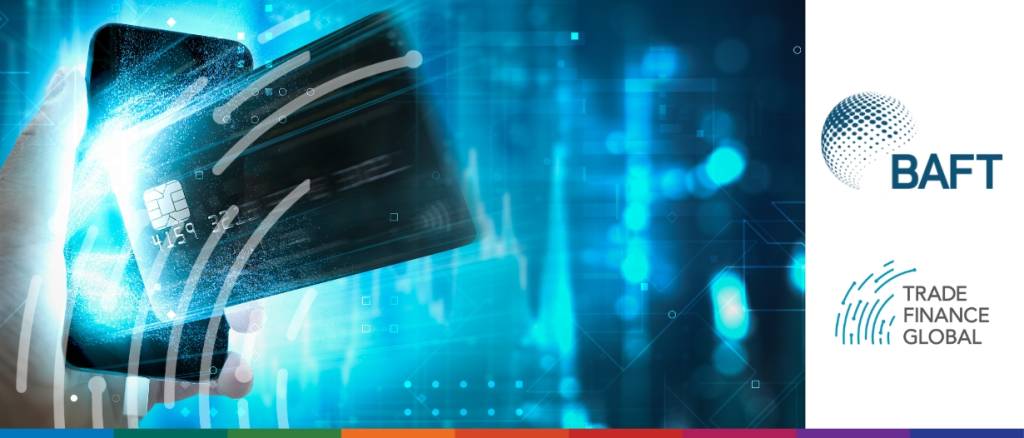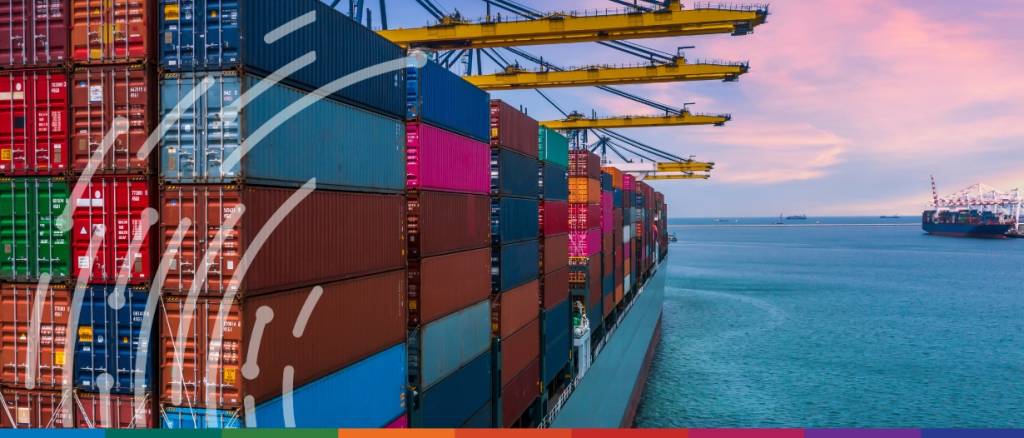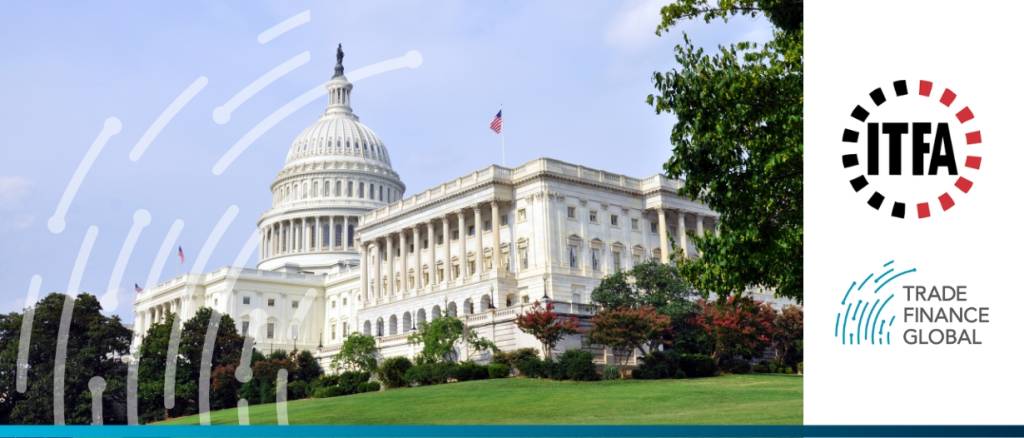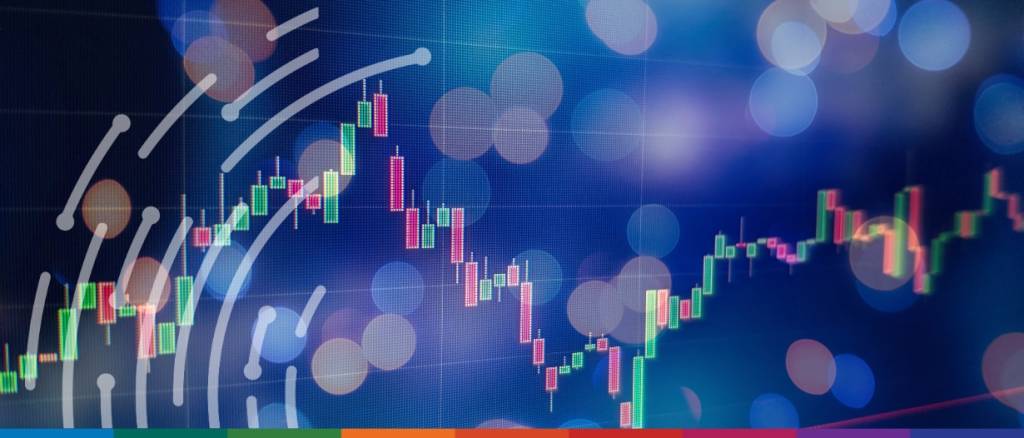To discuss these potential implications and explore how a second Trump presidency will reshape global trade, finance, and geopolitical dynamics, Trade Finance Global spoke with Rebecca Harding, Economist at Rebecanomics; Robert Besseling, CEO at Pangea Risk; Alyssa DiCaprio, former Chief Economist at R3; and Simon Everett, Trade Policy Expert on the day the results were announced.
While China’s ties to Latin America may go back centuries, its influence in the region has rapidly grown since 2001 when China entered into the World Trade Organisation. Political and economic ties were then quickly forged; social ties too, with large Chinese communities currently in Brazil, Cuba, Paraguay, Peru, and Venezuela.
As part of our C-Suite Leadership Series, Deepesh Patel, Editorial Director at Trade Finance Global (TFG) spoke with Angela Duca, Global Specialty Head, Credit Specialties at Marsh, to help answer pressing questions about the trade and credit landscape.
The United Nations Commission on International Trade Law (UNCITRAL) is developing a comprehensive international convention to standardise negotiable cargo documents across multiple transportation modes, potentially transforming international trade documentation practices.… read more →
The International Finance Corporation (IFC) and HSBC have announced a $1 billion risk-sharing facility designed to boost trade financing for banks in emerging markets across Africa, Asia, Latin America, and the Middle East.
The strategy, unveiled at the event, includes a commitment to ensuring that more than half of global trade will be governed by laws recognising electronic trade documents by the end… read more →
The conversation surrounding real-time payment systems is evolving quickly, and nowhere is this more evident than in the dynamic between RTP (Real-Time Payments) and FedNow, two significant players within American… read more →
Nowadays, we take shipping and container shipping’s rich history and significance in global trade for granted. The most counterintuitive learning for me at Global Shipping Business Network (GSBN) was that… read more →
. At the inaugural Trade Finance Conference of Parties (TF COP) in Washington, DC, ITFA unveiled the Washington Declaration, a proposal calling on the United Nations (UN) to recognise the… read more →
Listen to this podcast on Spotify, Apple Podcasts, Podbean, Podtail, ListenNotes, TuneIn Big data, small data, metadata – you’ve heard it all. From your workout to your wine fridge, massive amounts of information are being collected… read more →


















